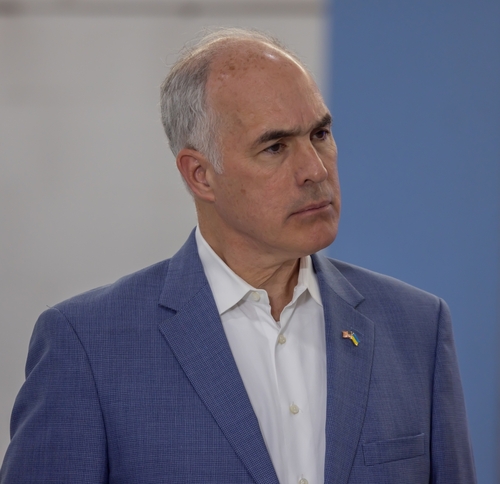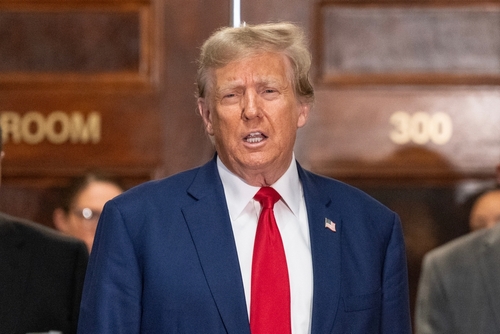
There’s a New REFORMIST CANDIDATE That Just Won Iran’s Presidential Election
NEW CANDIDATE Wins Iranian ELECTION
After years of protests and sanctions putting pressure on the Islamic Republic, reformist candidate Masoud Pezeshkian defeated hardliner Saeed Jalili in Saturday’s runoff presidential election. Pezeshkian promised to lessen enforcement of the nation’s mandatory headscarf legislation and reach out to the West.
Throughout his campaign, Pezeshkian made no grand promises to alter Iran’s Shiite theocracy, and he has long maintained that the Supreme Leader Ayatollah Ali Khamenei is the ultimate judge of all matters pertaining to the state. The ongoing Israel-Hamas conflict in the Gaza Strip, the Iranian government still largely controlled by hardliners, and Western concerns over Tehran’s enrichment of uranium to almost weapons-grade levels and its potential stockpile of multiple nuclear weapons will all pose challenges to even Pezeshkian’s modest goals.
According to an official count of votes, Pezeshkian received 16.3 million votes against Jalili’s 13.5 million, making him the victor of Friday’s election. In all, 30 million voters cast ballots in an election that was conducted without the presence of internationally recognized observers, according to Iran’s Interior Ministry. This represents a turnout of 49.6%, which is higher than the first-round vote’s historic low of June 28 but lower than prior presidential contests.
As Pezeshkian’s lead over hard-line former nuclear negotiator Jalili increased, supporters of the heart surgeon and lifelong politician poured into the streets of Tehran and other cities before daybreak to celebrate. Later, Pezeshkian visited the shrine of the late Grand Ayatollah Ruhollah Khomeini, the mastermind of the Islamic Revolution of 1979, and spoke to reporters amid a flurry of activity.
“I did not promise you anything dishonest during this election. I told the truth,” Pezeshkian declared. Many years have passed since the revolution when we stand at this podium, promising things we can’t keep. The main issue we are facing is this.”

Despite Pezeshkian’s victory, Iran is in a precarious position given the high level of tensions in the Middle East and the impending US election, which could jeopardize any prospect of a détente between Washington and Tehran. The doctor has never held a sensitive, high-level security position, so Pezeshkian will need to carefully negotiate Iran’s domestic politics as a result of his victory, which wasn’t a landslide against Jalili.
As voting began, government officials—all the way up to Supreme Leader Khameni—predicted increased voter turnout, and state media carried pictures of placid lineups at certain polling places. Online footage, however, allegedly showed some polling empty, while a survey conducted at several dozen locations in Tehran revealed little footfall and a noticeable security presence.
Officials tallied 607,575 invalid ballots, which are frequently expressed as a protest by voters who feel compelled to cast a ballot yet disapprove of both candidates.
Despite what he claimed was a boycott campaign “orchestrated by the enemies of the Iranian nation to induce despair and a feeling of hopelessness,” Khamenei praised the turnout on Saturday.




